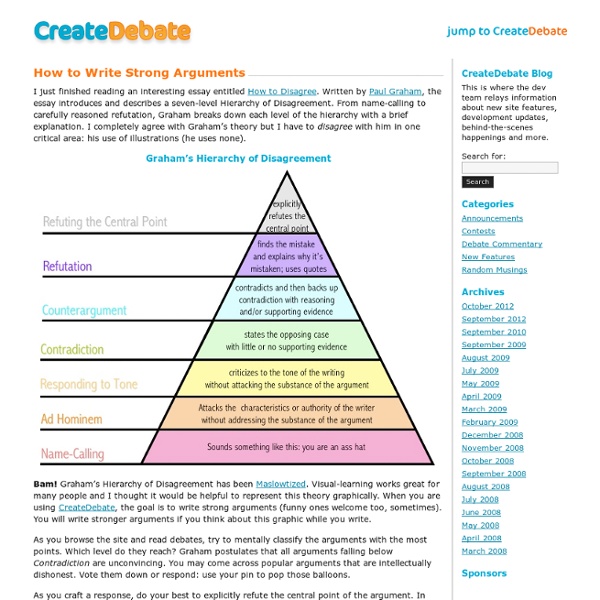



25 Insights on Becoming a Better Writer When George Plimpton asked Ernest Hemingway what the best training for an aspiring writer would be in a 1954 interview, Hem replied, “Let’s say that he should go out and hang himself because he finds that writing well is impossibly difficult. Then he should be cut down without mercy and forced by his own self to write as well as he can for the rest of his life. At least he will have the story of the hanging to commence with.” Today, writing well is more important than ever. Far from being the province of a select few as it was in Hemingway’s day, writing is a daily occupation for all of us — in email, on blogs, and through social media. It is also a primary means for documenting, communicating, and refining our ideas. So what can we do to improve our writing short of hanging ourselves? 1. Don’t just plan to write—write. 2. [The] Resistance knows that the longer we noodle around “getting ready,” the more time and opportunity we’ll have to sabotage ourselves. 3. 4. 5. 6. 7. 8. 9. 10. 11.
How to Disagree March 2008 The web is turning writing into a conversation. Twenty years ago, writers wrote and readers read. The web lets readers respond, and increasingly they do—in comment threads, on forums, and in their own blog posts. Many who respond to something disagree with it. The result is there's a lot more disagreeing going on, especially measured by the word. If we're all going to be disagreeing more, we should be careful to do it well. DH0. This is the lowest form of disagreement, and probably also the most common. u r a fag!!!!!!!!!! But it's important to realize that more articulate name-calling has just as little weight. The author is a self-important dilettante. is really nothing more than a pretentious version of "u r a fag." DH1. An ad hominem attack is not quite as weak as mere name-calling. Of course he would say that. This wouldn't refute the author's argument, but it may at least be relevant to the case. DH2. DH3. This is often combined with DH2 statements, as in: DH4. DH5. DH6.